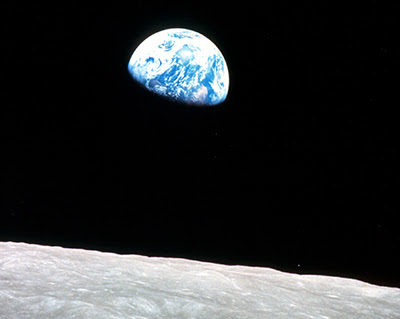“We choose to go to the moon in this decade and do the other things, not because they are easy, but because they are hard, because that goal will serve to organize and measure the best of our energies and skills, because that challenge is one that we are willing to accept, one we are unwilling to postpone, and one which we intend to win.”
— President John F. Kennedy, Sept. 26, 1962
Rice University, Houston, Texas.
There is a great scene in the recent movie, First Man, where NASA technicians admit the mathematical formulas necessary to get us to the moon had not yet been developed. But they (including the Virginia women at Langley described in the film, Hidden Figures) nonetheless pressed ahead, and this weekend, we celebrate the 50th anniversary of the dramatic landing and Neil Armstrong’s “giant leap for mankind.” In the 1960s, our scientists were propelled by a goal, and in a race against time. Some say we are now in a similar place in the energy field.

Independent of Trumpian tweets and conspiracy theories to the contrary, there is broad scientific agreement that climate change is happening rapidly, and most of its origins can be traced to human activity, primarily the burning of fossil fuels. Wildfires, alterations in traditional weather patterns, the strength of hurricanes, ice pack melting, and coastal flooding are transforming public awareness. The imperative is clear; we must now confront the problem or it will overwhelm future generations. While the federal government, largely paralyzed by Trump climate deniers, sits idly by, good news is coming from various sources. [Read more…]
